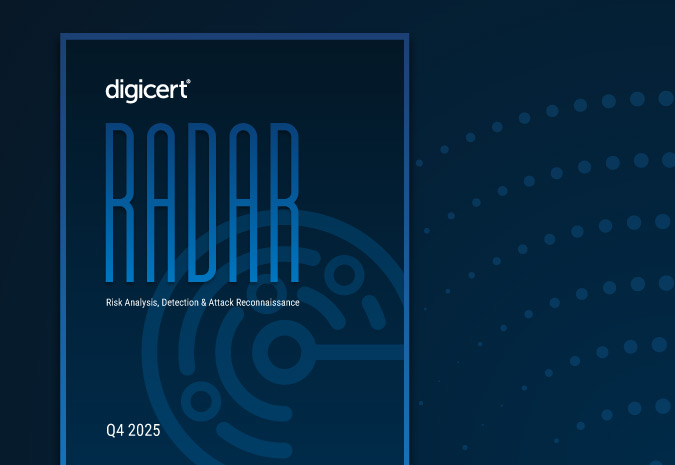The Best Customer Experience is Securing Customer Data

As the number of customer service kiosks, self-service portals, and customer contact channels increases, the higher the risk of personal information being exposed or falling into the wrong hands.
Information security is an important customer concern and having proper data security best practices is key in delivering an exceptional customer experience.
With more online self-service options and cloud services available to customers, sensitive customer information is more readily available online.
As the number of customer service kiosks, self-service portals, and customer contact channels increases, the higher the risk of personal information being exposed or falling into the wrong hands.
Smart Customer Service Verification
It’s not uncommon for customer services agents who must juggle numerous customer cases at the same time to accidentally send one customer’s information to another customer.
Usually the honest mistake doesn’t include any critical piece of information, but the potential for human error to create a serious information security crisis is something administrators don’t want to leave to chance.
Think about your last customer service call. Were you asked to verbally confirm account details? Too often the answer is yes. But verbal confirmations create security risks for customers who might be in a public place (few people are ok telling strangers their credit card number) or enable a rogue agent to take that account information and use it for illegitimate purposes.
Administrators can and should take advantage of smart systems to automate customer account verification and reduce the need to expose sensitive details. Instead of asking for verbal challenges, agents can quickly transfer customers to a system to securely enter in their account details. Within a few seconds, the system can return a confirmation to the agent to verify that the customer has been identified.
Systems can automatically open customer account details, masking any critical and sensitive data, reducing data exposure, improving service speed, and—most importantly–creating a better, more secure customer experience. Organizations benefit from the speed, efficiency, and costs savings of these systems.
Strong Security for Customer Data
An exceptional customer experience is more than just answering the phones. In addition to protecting people and data, it’s critical that administrators also protect systems. The systems you depend on to do business could be a threat to customer data.
Only high-assurance 256-bit SSL Certificates with identity verification are appropriate for securing customer logins and system data.
EV SSL certificates with the green bar add an immediate trust indicator that is key to enhancing customer trust. Cheap SSL certificates leave out the essential validation process that ensures the individual on the other end of the connection is a trusted party.
Without Data Security, Great Customer Service Means Nothing
Encrypting any customer data internally should be at the core of any customer data security policy. The popular social sharing service Buffer suffered a serious breach of their services when their database hosting provider had an employee whose account was compromised. With unencrypted information, the hackers were able to access customer accounts and disrupt vital services.
Even the best customer service team can’t explain away poor decisions in protecting customer data. Encrypting internal databases is essential to enhancing security as part of the customer experience. Multi-factor authentication adds an extra layer of security even in the event of a service account compromise.
If internal employees are required to use client certificates or one-time passwords for authentication, even if a password is compromised attackers still can’t access critical customer data.
Customer Experience is Incomplete without Data Security
While there are risks with using online customer contact channels, any service with access to the Internet includes a potential for risk. However, proper data security mitigates the risk associated with Internet-accessible information. With the right data management policy in place, you can ensure data confidentiality.
Information management enables control, collaboration, and consistency in the customer experience. Correctly done, securing online data doesn’t have to be inconvenient and will create better customer experiences and enable greater customer trust.





